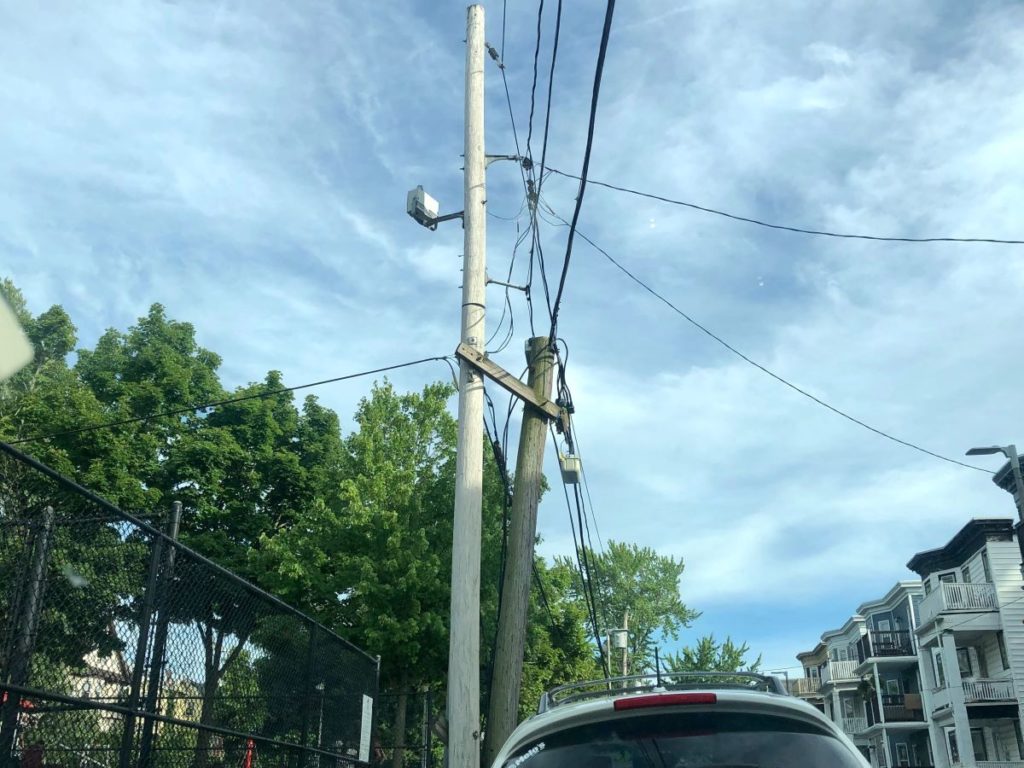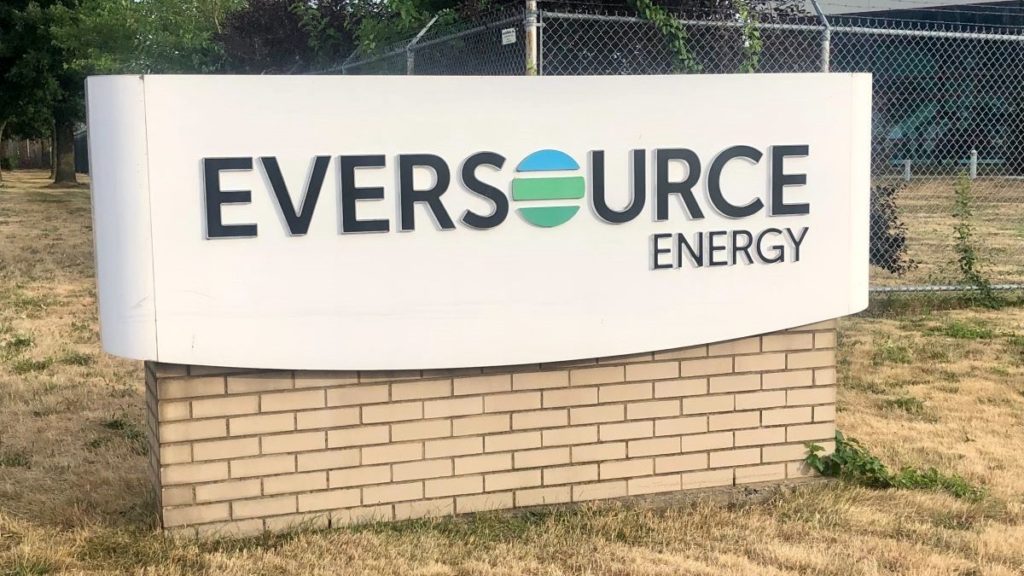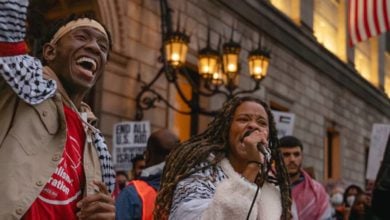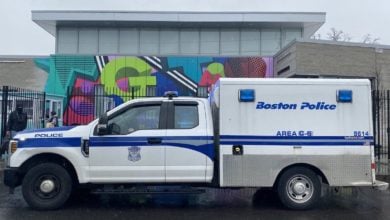As temperatures in Boston reached 99 degrees on July 24 — a record high for the day — nearly 20,000 people in the neighborhood of Dorchester suddenly lost power after two manholes caught fire near Savin Hill.
Families were left without air conditioning or refrigeration for hours on end, forcing some to leave their homes and seek refuge in their cars or other parts of the city. In nearby South Boston, another 1,500 remained without power the following morning.
“My power was out for a few hours on Sunday, and it felt like days to be honest because it was so hot,” Dorchester resident Gabby Ballard told Liberation News. “I was completely caught off guard. I was totally unprepared for an outage.”
7,500 of those without power were customers of Eversource, a Fortune 500 company operating in Massachusetts, Connecticut and New Hampshire. According to Eversource, Massachusetts customers use 40% more electricity during the summer than winter to cope with the heat.
“Instead of building up the infrastructure to respond effectively to this kind of issue — instead of protecting people who might literally pass out, faint, or die from the heat — the solution given by Eversource was to just turn down the AC,” Ballard said.
Working-class neighborhoods like Dorchester, where many residents are Black or Brown, suffer disproportionately from extreme heat due to historic redlining.
Outages and lack of preparation rampant during heatwave
On July 21, Eversource’s electrical equipment in Boston’s West Roxbury and Charlestown caused outages due to overheating. In the neighborhood of Allston, hundreds were deprived of electricity on July 23 as Eversource scrambled to perform maintenance on power lines.

Similar incidents have occurred throughout the state. On July 20, over 12,300 people went without electricity as temperatures broke 90 degrees, including 11,000 Eversource customers in Acton, Massachusetts — nearly 50% of the town’s population — who lost power due to a “heat-related equipment issue” at a nearby substation.
Later that night, 8,500 residents of Falmouth, Massachusetts, lost power, leaving 25% of the town without air conditioning overnight. Less than 48 hours later, a utility pole fire left 250 more Falmouth residents without power.
Shoddy fixes leave communities in danger
A utility pole in Chatham, Massachusetts, snapped in half on June 28 and caused traffic signal failures and power outages for half of the town’s 6,125 residents.
Verizon owns the utility pole. Eversource and Verizon have argued about who is ultimately responsible for the failure. But there are damaged or precarious poles all across town. Some poles have remained in a state of disrepair for three years due to a lack of coordination between the two corporate giants.

In Connecticut, Eversource plans to reduce the amount of tree-related power line failures across 12 towns by cutting down hundreds of healthy old-growth trees. Trees absorb carbon from the atmosphere, and would help prevent the extreme weather that power companies are blaming for their failures.
The local community opposed this plan. All across Redding, one of the towns targeted for tree removal, there are signs that read “Say No to Eversource” and “Bury the Lines.”
Private companies and government put profits over climate solutions
Private companies have no motive to enact common sense solutions like burying power lines or preparing infrastructure for extreme weather, because they cannot make profits doing so. It is in their interest to keep maintenance and upgrade costs as low as possible.
What about state or local governments? The last major intervention in the regulation of utilities in Massachusetts happened last winter when state regulators allowed National Grid and Eversource to hike their prices by 52% and 25% respectively in the midst of the pandemic.
But residents know that real change and climate resiliency is needed.
“It’s really important that we take climate change seriously,” Ballard said. “We already know what the effects will be — we know we’re going to see a lot of heat in the summertime, and a lot of snow and cold in the wintertime. So the city should simply be prepared, take lessons from other countries that deal with natural disasters. Like the people of Cuba, who deal with hurricanes and heat, and have preparations made.”





